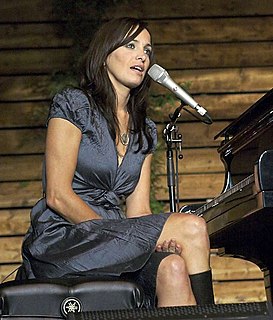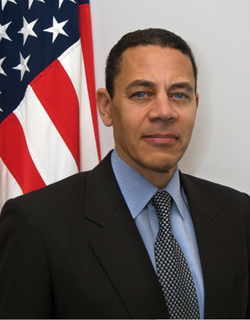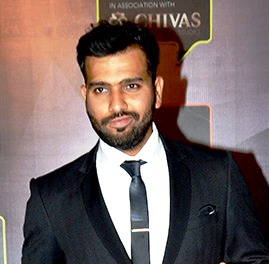A Quote by Rana el Kaliouby
Beyond ensuring that people everywhere have access to mental health, virtual digital assistants can act as learning companions, using their insight into what motivates and inspires you, to help you study and learn. In this way, AI could be used to level the playing field in education and help narrow socio-economic gaps around the world.
Quote Topics
Access
Act
AI
Around
Around The World
Assistants
Beyond
Companions
Could
Digital
Economic
Education
Ensuring
Everywhere
Field
Gaps
Health
Help
His Way
Insight
Inspires
Learn
Learning
Level
Mental
Mental Health
Motivates
Narrow
People
Playing
Playing Field
Socio-Economic
Study
Used
Using
Virtual
Way
World
Related Quotes
Today in America many people are living in a virtual world. They enter it through an internet access device and they navigate freely around it, and those people who learn how to navigate better in that space are finding that they have better access to information about jobs and education and all the good things that our society produces.
Will robot teachers replace human teachers? No, but they can complement them. Moreover, the could be sufficient in situations where there is no alternative––to enable learning while traveling, or while in remote locations, or when one wishes to study a topic for which there is not easy access to teachers. Robot teachers will help make lifelong learning a practicality. They can make it possible to learn no matter where one is in the world, no matter the time of day. Learning should take place when it is needed, when the learner is interested, not according to some arbitrary, fixed schedule
For me, it is about using everything that is there and using the gaps in the record, figuring out why the gaps might be there. And then when you move on to the level of what historians said, laying the interpretations side by side. You also have to look back at the documents and make your own judgments. What the record says and what people say about it. A novelist can fill the gaps in a way that a biographer cannot.
I think there's responsibility both at the federal and provincial levels for education in a grander sense - and that is to provide recognition financially to people who are educators, to help provide access to on-the-spot learning, so kids are not biased against science. Especially when people are younger, their curiosity needs never to be beaten down. And you can only do that if you have people who love the subject they're teaching, and who provide the student with the ability to do it in the field.
I do normal kind of contributions, particularly for people who are going over to Africa and help highlighting global health, and that's tended to be pretty bipartisan in nature because of the coalition there exists fortunately around these global health issues. But I don't think my backing, putting a lot of money into political contributions is a way I'm going to try and help improve the world.
Our education must never stop. If it ends at the door of the classroom on graduation day, we will fail. And we will need the help of heaven to know which of the myriad things we could study we would most wisely learn. We cannot waste time entertaining ourselves when we have the chance to read or to listen to whatever will help us learn what is true and useful. Insatiable curiosity will be our hallmark.
Punishment by definition isn't going to help. So what you need to do is to help people to change and recover is to help them find different areas of passion and help them find better ways of coping. Because about 50 percent of people with addiction have a preexisting mental illness, about two-thirds have had some type of severe trauma during childhood, and they are not using to the point where they're risking their lives because it's fun. They're doing something to help them cope.
One of the things we need to do is address mental health care as an integral part of primary care. People often aren't able to navigate a separate system, so you see successful models where a primary care physician is able to identify, diagnose, and concurrently help people get mental health treatment who have mental health issues.





































